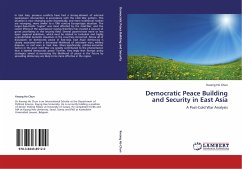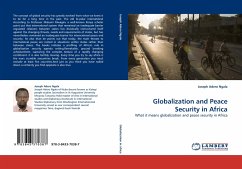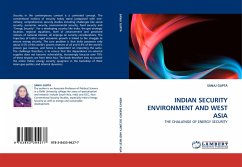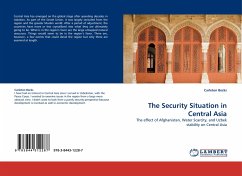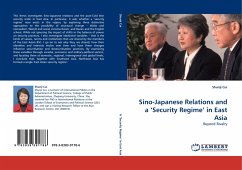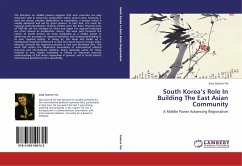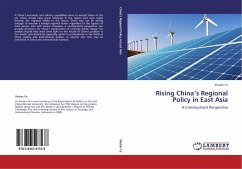In East Asia, previous conflicts have had a strong element of external superpower intervention in accordance with the Cold War pattern. This situation is now changing quite dramatically, and more traditional rivalries are resurging, more similar to a 19th century Europe-type situation. The larger Asia-Pacific "region" was most affected by the Cold War, and the recent lifting of the superpower overlay therefore has created a vacuum of great uncertainty in the security field. Several powers have more or less open regional ambitions, which must be related to turbulent and highly unpredictable domestic situations in the countries concerned.Above all of discussions on democratic peace in East Asia, East Asian democracy is closely associated with a decreased likelihood of interstate wars, military disputes, or civil wars in East Asia. More significantly, politico-economic factors in the post-Cold War era greatly contributed to the phenomenon that is labeled democratic peace. Further, they imply that foreign policy strategies aimed at increasing the likelihood of peace in the future by spreading democracy are likely to be more effective in the region.
Bitte wählen Sie Ihr Anliegen aus.
Rechnungen
Retourenschein anfordern
Bestellstatus
Storno

